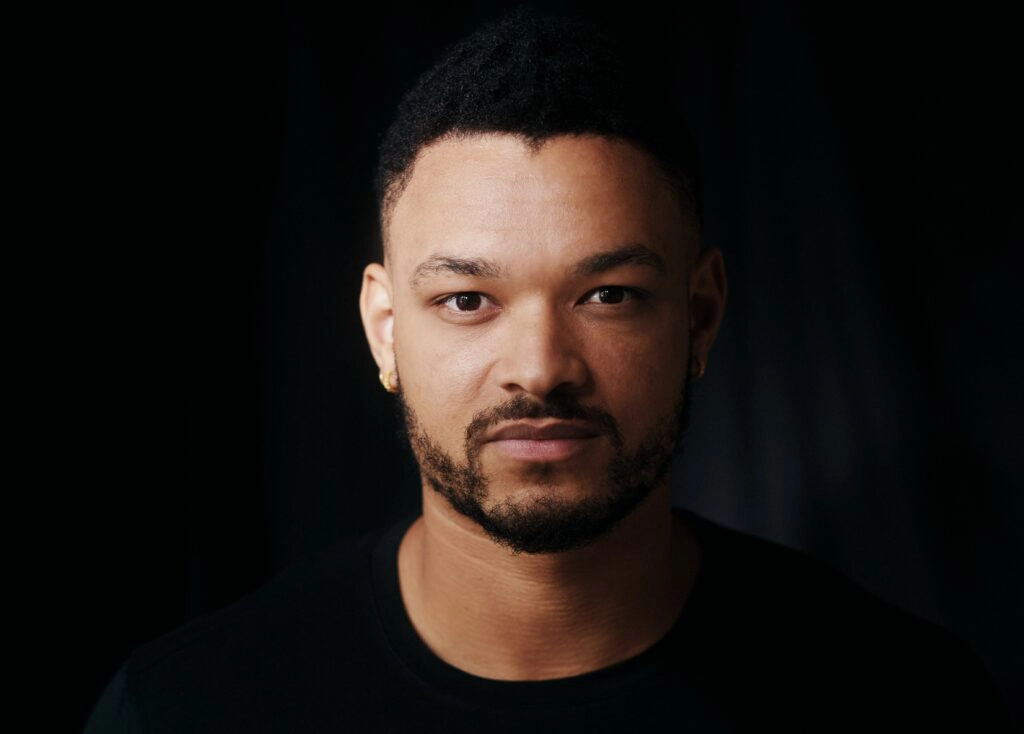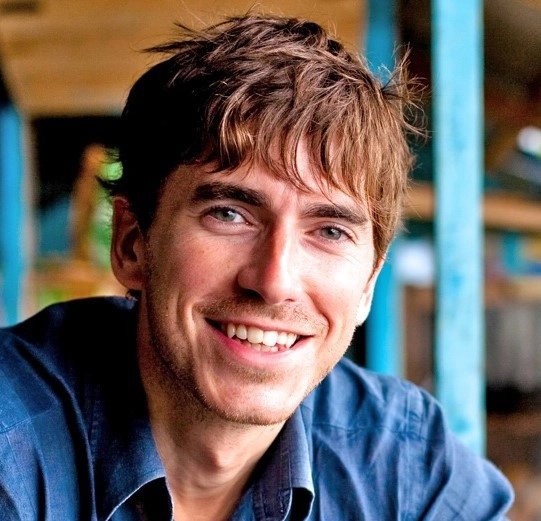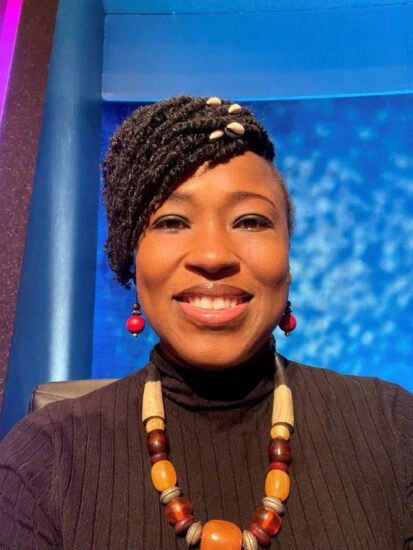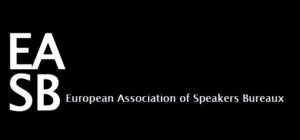Categories:
Annual Events:
Fees:
*Fees are a guide only. Exact cost will be dependent on requirements and are subject to change.
Angela Findlay
Angela is a professional artist, Specialist Speaker and accredited NADFAS lecturer. Through her long career of teaching art in prisons and Young Offender Institutions in Germany and England she has become an expert on the relationship between art and guilt.
About Angela Findlay
Angela has appeared on radio and television and is a popular speaker to a wide range of audiences all over the country. She is also a successful artist and painter, represented in galleries both nationally and internationally.
At the age of 21, Angela walked into Long Bay Gaol in Sydney with a portfolio of her murals under her arm. Two weeks later she found herself facing a 30-foot wall, two Brazilian coke smugglers, a bank robber and a murderer. “I had this overwhelming sense of ‘This is it!’” she recalls.
Angela worked for the next 20 years with prisoners and young offenders in both England and Germany. Using painting as a tool she worked alone in locked rooms with prisoners ranging from terrorists and murderers to drug addicts and fraudsters.
Her powerful colour exercises broke down inhibitions and enabled prisoners to recognise and address their own offending behaviour. Fearless and undeterred by the obstacles of such a closed and charged system, she became a confidante for many prisoners gaining their trust, hearing their stories and encouraging them to make changes in their outlook, attitude and subsequently their daily lives.
As the Arts Coordinator of the internationally recognised Koestler Trust: art by offenders in London, Angela founded the Learning to Learn Through the Arts scheme through which established artists of all disciplines delivered a wide range of visual arts projects to offenders.
Her innovative and at times controversial approaches to the debate of ‘punishment vs. rehabilitation’ attract the attention, and ultimately respect, of even the most sceptical members of the public and the Criminal Justice System.
In the past decade, Angela turned her gaze from the “guilty” in our prisons to the “guilt” of post-WW2 generations of Germans. As an Anglo-German herself, she identified an inherited sense of shame about Nazi Germany and the Holocaust, which had been passed through the generations from her German grandfather, a decorated Wehrmacht General who fought on the Eastern Front, and her mother, a child living outside Berlin in Nazi times.
This led to the discovery of Germany’s intense and on-going process of apology and atonement, largely unknown in the UK, and their culture of memorials and counter memorials. With her dual nationality, Angela is in an ideal position to look objectively at Germany’s dark past but with the added benefit of a personal connection to and experience of it.
Angela is now known for looking at and revealing ‘the other side’ of many widely-accepted elements of history or society. As well as appearing on radio and television, Angela is a popular speaker in schools, NADFAS societies and organizations all over the country.
Angela’s talks reveal the fascinating journey of a young woman entering the notoriously terrifying world of prisons armed only with her paintbrushes and an ability to listen. They are moving, informative, inspirational, and highly original and crucially offer a deeper understanding of the general predicament of prisoners and young offenders caught in a cycle of crime and re-offending.
All audiences, pupils and adults alike, are engrossed and amazed not only by her insights but by her extraordinary collection of slides that so clearly demonstrate why prisons aren’t working effectively and how offending behaviour can be turned around through targeted artistic processes into true and lasting rehabilitation.
Crime, prisons and offenders – the role the arts can play:
Years of working as an artist within the Criminal Justice System in England and Germany have given Angela unique insights into the destructive and costly cycle of crime, prisons and re-offending.
In this thought-provoking talk she offers a deeper understanding of the minds, lives and challenges faced by offenders. The combination of compelling statistics and extraordinary slides of art projects and prisoners’ art, reveals why prisons aren’t working effectively and demonstrates how the arts can transform destructive attitudes and behaviour into true and lasting rehabilitation.
This talk has become very popular with audiences of all ages across the country and teachers regularly comment that Angela captured and held the attention of even the most disruptive students in a way that many speakers can’t. Interspersed with personal accounts of humourous, or slightly horrifying situations within some of Britain’s most notorious prisons, this highly topical subject raises important questions that challenge normal perceptions of good and bad and offer an opportunity to (re-)consider a wide range of moral, social, and ethical issues.
The other side: The Second World War through the eyes of an ordinary German family:
Based on Angela’s Anglo-German roots and using her own family’s experiences as a starting point, Angela looks at Nazi Germany and World War 2 from the perspective of 3 generations: her grandfather, a decorated German General fighting on the Eastern Front; her mother, a child growing up in Berlin and fleeing from the approaching Russian army; and herself, a representative of the generation that has been coming to terms with an inherited sense of shame for what happened.
Stories, diary extracts, military records and original photographs bring WW2 in Germany to life and illustrate some of the practical and moral challenges of living in Hitler’s Third Reich. Angela asks questions rather than gives answers and thereby transports her audiences to the period in a way that enables them to relate to it more personally and imagine it more vividly. Times have changed but many of the moral dilemmas that were relevant then are equally relevant now.
Angela also presents the hitherto little known yet fascinating and very significant role the arts play in Germany’s on-going post-war engagement with processing its past. ‘Counter memorials’ found all over Germany make brave, confrontational, humble and moving attempts to remember, apologise and atone for what so many would rather forget.
The other side: Counter memorials – Germany’s post WW2 culture of apology and atonement:
The current anniversaries of the two World Wars mean that commemoration and Germany are once again highly topical. Yet relatively little is known in this country about Germany’s complex post-war process of remembrance and the counter memorial movement that started there in the 1980s and continues to this day.
Germany’s very specific situation after the horrors of Hitler’s Nazism and the Holocaust rendered all traditional concepts of monuments and memorials irrelevant and inappropriate. So artists looked to create art forms that would respond to questions of apology and atonement instead.
How does a nation of former persecutors mourn its victims?
How do you apologise and atone for atrocities on such a scale?
How do you remember what you would rather forget?
The resulting art forms are extraordinary, brave, inspiring and highly original. Some change or disappear over time. Some demand interactive responses. All aim to keep the memories and lessons of the past alive in the individual psyches of the people rather than in the memorial itself.
With her Anglo-German roots and family history, her artistic background and years of research, Angela is in an ideal position to give insights into Germany’s on-going efforts to find artistic forms for the remembrance of the victims of one of history’s darkest periods.
Testimonials
"It was staggering to watch Angela. Her ability to enthuse and inspire broke barriers and transcended boundaries."
Hidden Talent
"I have engaged many speakers from various fields and Angela's talk was the highlight of our calendar. The talk was authoritative, engaging and accessible and many of the students spoke about how inspiring they found it. During the talk, Angela cogently leads her audience through the debate over the role of prisons and dispels many of the pervasive myths which endure about inmates and their crimes, before exploring directly, with clear illustrations, how creativity and expression can help those who have committed crimes address their own behaviour in a challenging but ultimately transformative manner. I would have no hesitation in recommending her as a highly professional and engaging speaker."
Wakefield Girls' High School
"Art is an amazingly powerful way of engaging offenders to find new directions in life. No one knows more about this than Angela Findlay, a passionate and highly skilled artist with years of experience in prisons. The talks Angela gives about her work - alive with illustrations, humour and stories - are an inspiration"
Koestler Trust
"A brilliant lecture, the kids were quite bowled over by what Angela had to say about prisons, as was I. The message is very, very interesting, compassionate and utterly relevant. The students' preconceptions about society and the nature of punishment were really challenged and this left people with a real sense of enlightenment concerning the whole issue of effective prisons."
Monkton Combe School
"That was really brilliant! One of the best talks we've had. The students were completely absorbed. We will definitely be getting Angela back again"
Rendcomb College
"Angela's talk was brilliant. The sign of a good talk can be measured by the amount of questions asked at the end and there were a large number of questions. Angela held the attention of everyone in the hall for a full hour. It was a totally unique talk and we have not had anything like it before. A rousing success."
Lord Wandsworth College
"You could not have aimed the ‘story’ more accurately at our audience… When people are made to really look and think, it can become obvious there is the possibility of more than mere punishment in the prison system and that education for the offender can benefit not only the prisoner, but ultimately the ordinary man in the street too."
NADFAS
"A wonderful talk. Angela has an uncanny knack of providing perspectives which are counter-intuitive, forcing us all to reconsider our values and question traditional wisdom. A lecture asking for a re-think about German soldiers and their actions during WW2 does not seem destined to succeed but the way in which the entire Sixth Form sat so still underlines just what an impression she made."
Kate Mastin Lee







